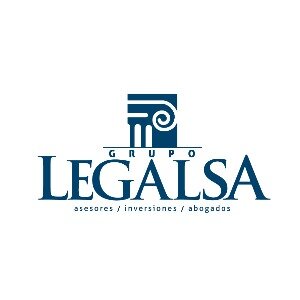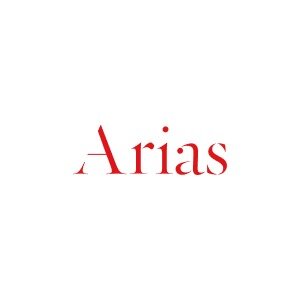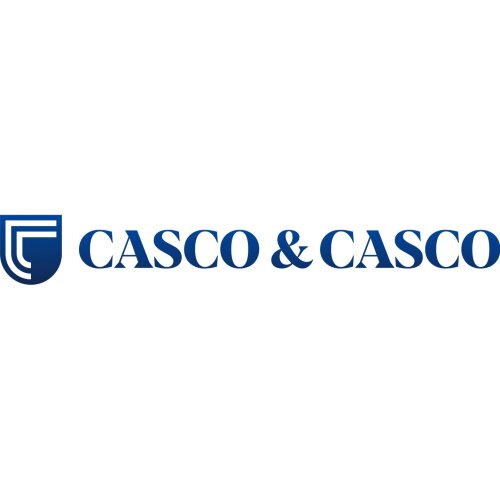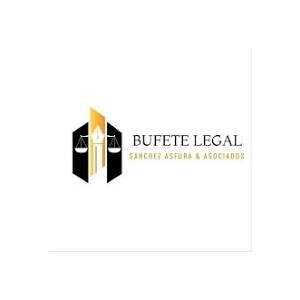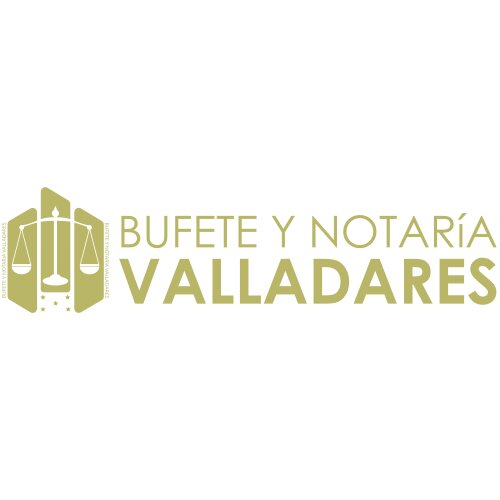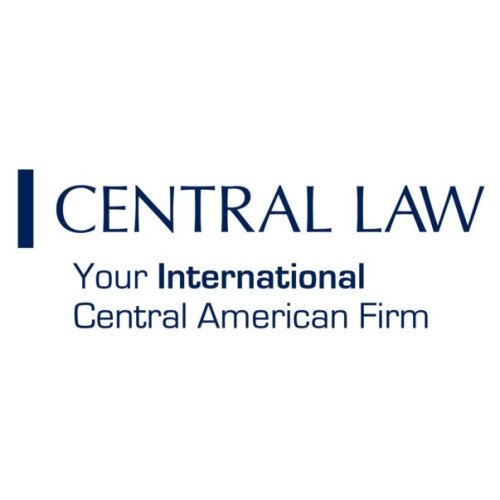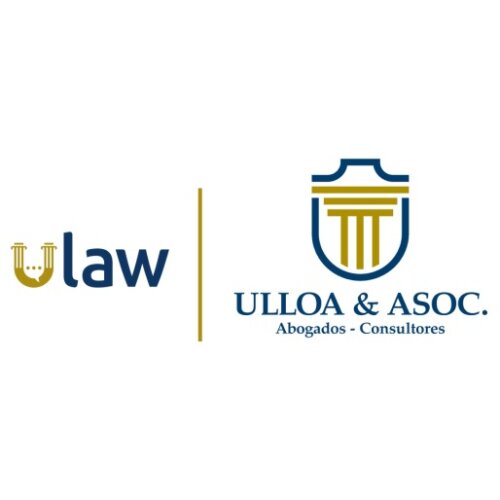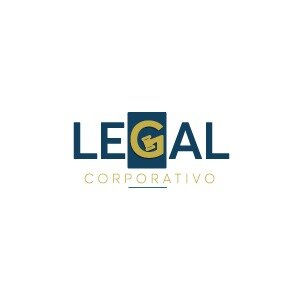Best Private Equity Lawyers in Honduras
Share your needs with us, get contacted by law firms.
Free. Takes 2 min.
Or refine your search by selecting a city:
List of the best lawyers in Honduras
About Private Equity Law in Honduras
Private equity in Honduras refers to investments made directly into private companies or ventures that are not listed on the stock exchange. Typically, private equity firms or individual investors provide capital in exchange for equity ownership, aiming to help businesses grow and eventually realize returns on their investments. The private equity sector in Honduras has been gradually expanding, particularly as economic reforms and increasing interest in Central America have attracted both local and foreign investors to the market. Private equity transactions often involve complex legal, tax, and regulatory considerations, making it important for investors and businesses to understand the Honduran legal framework governing these investments.
Why You May Need a Lawyer
Legal assistance is critical in private equity for several reasons. The process can be intricate, involving negotiations, due diligence, regulatory compliance, and proper structuring of investments. Here are some common situations where legal help is necessary:
- Structuring investment vehicles and choosing the appropriate type of entity for the transaction.
- Negotiating terms and conditions of investment agreements and shareholder agreements.
- Conducting due diligence to uncover legal, financial, and operational risks in target companies.
- Ensuring compliance with Honduran laws regarding foreign investment, securities, and corporate governance.
- Handling issues related to exit strategies, such as initial public offerings or sale of stakes.
- Resolving disputes among partners, investors, or between investors and portfolio companies.
- Advising on tax implications and structuring to optimize returns and minimize liabilities.
- Addressing cross-border legal issues if foreign investors or companies are involved.
In all these cases, qualified legal professionals can help optimize deals, safeguard your interests, and ensure full compliance with local regulations.
Local Laws Overview
Private equity transactions in Honduras must comply with a range of legal requirements. Some key aspects of local laws and regulations relevant to private equity include:
- Company Law - The Honduran Commercial Code governs the formation and operation of companies, and investors commonly use limited liability companies (Sociedad de Responsabilidad Limitada) or corporations (Sociedad Anónima) for private equity investments.
- Foreign Investment Law - Honduras welcomes foreign investment and allows foreign investors to participate in most economic sectors. The Foreign Investment Law establishes processes for registering investments and provides guarantees for the repatriation of profits.
- Tax Regulations - Taxation forms a key part of any private equity deal. Taxes such as capital gains tax, corporate income tax, and value-added tax may apply, and proper structuring is necessary for tax efficiency.
- Securities Law - If a private equity investment involves the issuance, transfer, or sale of securities, compliance with Honduran securities regulations is required.
- Labor and Employment Laws - Investors need to assess and comply with local labor laws, particularly when restructuring or acquiring companies with existing workforces.
- Antitrust and Competition Regulations - Large transactions may require scrutiny to ensure they do not create anti-competitive practices, especially in strategic sectors.
Additionally, contracts and dispute resolution provisions must adhere to Honduran civil law traditions, and many investors opt for arbitration clauses for resolving disputes efficiently.
Frequently Asked Questions
What is private equity and how does it work in Honduras?
Private equity involves investing capital in private companies to help them grow, restructure, or expand. In Honduras, this typically involves using limited liability or corporation structures, with a focus on sectors such as manufacturing, agriculture, and services.
Are there restrictions on foreign investment in private equity in Honduras?
Honduras generally encourages foreign investment, with few sector-specific restrictions. Some areas such as defense, security, and certain natural resources have limitations, but most sectors are open to both domestic and international investors.
What types of entities are commonly used for private equity investments in Honduras?
Limited liability companies (Sociedad de Responsabilidad Limitada) and corporations (Sociedad Anónima) are the most common structures due to their flexibility and limited liability protections for investors.
What is due diligence and why is it important in Honduran private equity deals?
Due diligence is a thorough investigation of a company’s legal, financial, and operational status. In Honduras, due diligence helps investors understand risks, verify ownership and compliance, and uncover potential liabilities before finalizing an investment.
How are private equity returns taxed in Honduras?
Returns from private equity investments, such as capital gains and dividends, are subject to Honduran tax laws. These include corporate income tax, capital gains tax, and in some cases, withholding taxes for foreign investors. Tax rates and regulations can change, so legal advice is recommended.
Can private equity investors repatriate profits from Honduras?
Yes, subject to compliance with tax obligations and proper registration of foreign investments. The Foreign Investment Law protects the right to remit profits, dividends, and capital after taxes and other requirements are met.
What role do shareholders agreements play in private equity transactions?
Shareholders agreements define the rights and obligations of investors, governance structures, dispute resolution mechanisms, and investment exit strategies. These are critical documents in Honduran private equity transactions.
Are there government incentives for private equity investors in Honduras?
Some sectors or geographic regions may offer incentives, such as tax breaks or simplified procedures, particularly in tourism, renewable energy, and free trade zones. Eligibility and availability depend on current policies.
How are disputes in private equity deals resolved in Honduras?
Dispute resolution can occur through Honduran courts or through alternative mechanisms like arbitration, which is often favored in investment agreements for its speed and neutrality.
What is the role of regulatory bodies in private equity investments?
Regulatory bodies, such as the Comisión Nacional de Bancos y Seguros (CNBS), oversee financial, securities, and investment practices to ensure transparency, legal compliance, and investor protection.
Additional Resources
If you’re seeking more information or support on private equity in Honduras, consider the following resources:
- Comisión Nacional de Bancos y Seguros (CNBS) - The main regulatory authority for financial and investment activities.
- Ministry of Economic Development (Secretaría de Desarrollo Económico) - Offers guidance on investment regulations and incentives.
- Honduras Chamber of Commerce and Industry (Cámara de Comercio e Industria de Honduras) - Provides information and networking for businesses and investors.
- Local law firms specializing in corporate and investment law - Many firms provide services tailored to private equity transactions.
- International investment and trade organizations - Offer country reports and sector studies relevant to Honduras.
Next Steps
If you are considering private equity investments or transactions in Honduras and require legal assistance, follow these steps:
- Assess your investment goals and identify the type of support you need, such as company formation, transaction structuring, or dispute resolution.
- Consult with a local attorney or law firm experienced in private equity, corporate, and investment law in Honduras.
- Prepare relevant documentation regarding your investment plans, funding sources, and the target business or sector.
- Work with your legal advisors to conduct due diligence, draft investment and shareholders agreements, and ensure compliance with all legal and regulatory requirements.
- Regularly review legal and tax developments that may impact your investment, and seek ongoing legal counsel as needed.
Proper legal guidance can help you navigate risks, seize opportunities, and ensure the long-term success of your private equity activities in Honduras.
Lawzana helps you find the best lawyers and law firms in Honduras through a curated and pre-screened list of qualified legal professionals. Our platform offers rankings and detailed profiles of attorneys and law firms, allowing you to compare based on practice areas, including Private Equity, experience, and client feedback.
Each profile includes a description of the firm's areas of practice, client reviews, team members and partners, year of establishment, spoken languages, office locations, contact information, social media presence, and any published articles or resources. Most firms on our platform speak English and are experienced in both local and international legal matters.
Get a quote from top-rated law firms in Honduras — quickly, securely, and without unnecessary hassle.
Disclaimer:
The information provided on this page is for general informational purposes only and does not constitute legal advice. While we strive to ensure the accuracy and relevance of the content, legal information may change over time, and interpretations of the law can vary. You should always consult with a qualified legal professional for advice specific to your situation.
We disclaim all liability for actions taken or not taken based on the content of this page. If you believe any information is incorrect or outdated, please contact us, and we will review and update it where appropriate.
Browse private equity law firms by city in Honduras
Refine your search by selecting a city.



